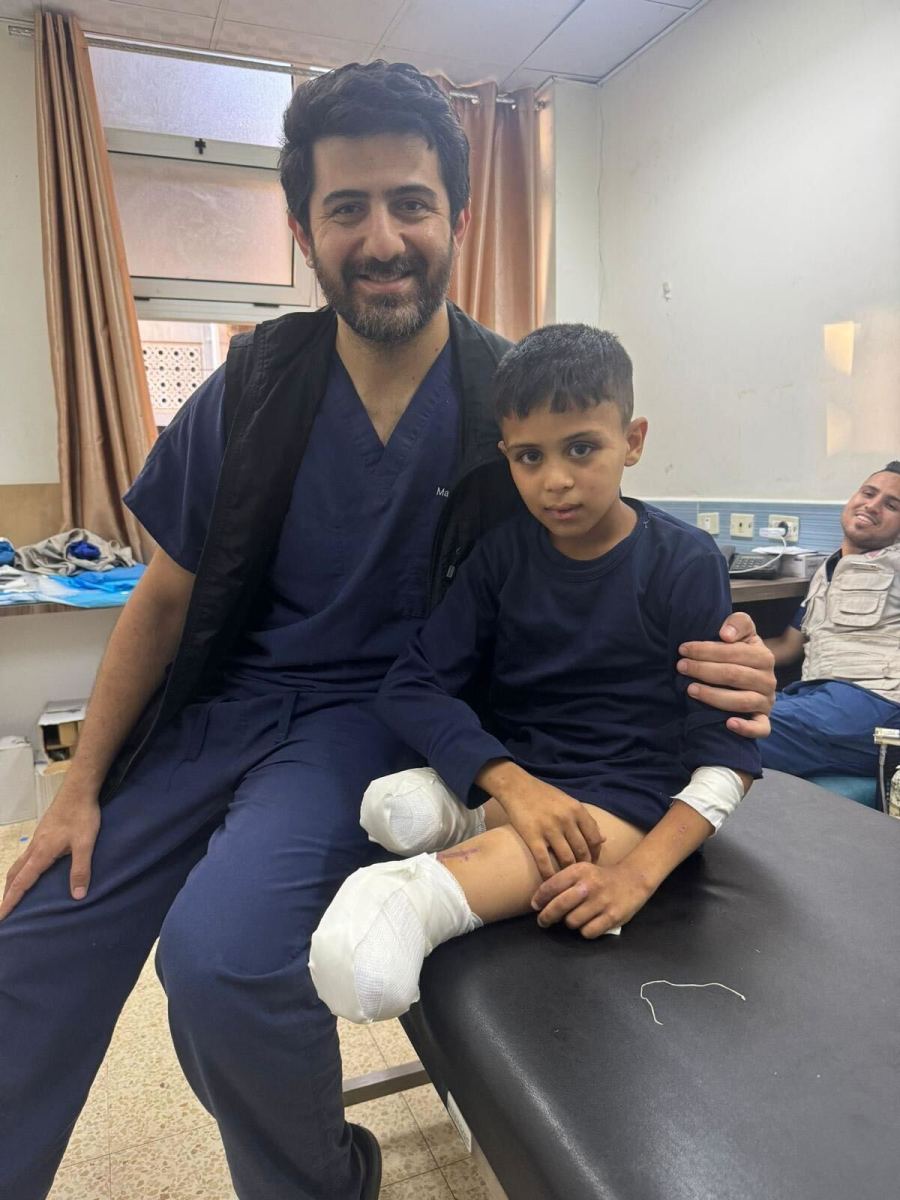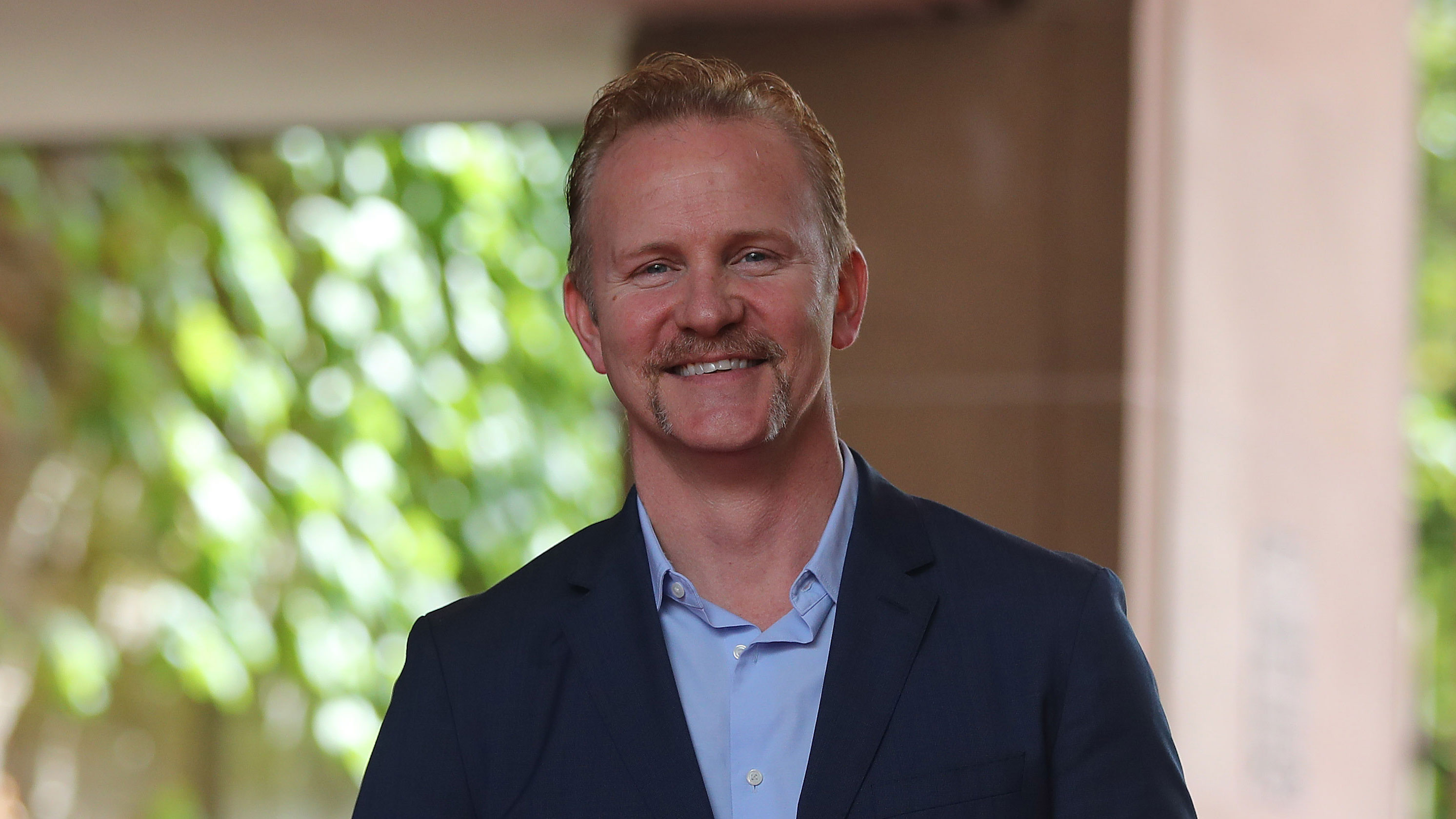North Texas physician Dr. Mahmoud Sabha was supposed to be home Tuesday night. Instead, he's stuck in Gaza along with at least 20 other American healthcare workers after Israel seized the Rafah crossing — the only remaining way in and out of the Gaza Strip, through its border with Egypt.
“The situation in Gaza that I’ve seen personally is just getting worse and worse and worse," Sabha said, speaking to NBC Dallas-Forth Worth from the European Hospital in Rafah, Gaza.
“More people are now homeless; more people are now without their fathers, without their mothers; the children are dying," he added.
Sabha started his second medical mission there on May 1, helping to treat wounds like burns and amputations.
“Many of them have passed since I first came," he said.
He said the wounds that he treats often become infested with maggots, due to unsanitary conditions.
More than a million people had been sheltering in Rafah, once designated a safe zone by the Israeli military, with little to no food, clean water, or fuel.
U.S. & World
"It’s very hard to treat them, and it’s very hard to see some of these patients... There’s almost nothing you can do for them, so it’s hard. It’s hard to psychologically keep going," Sabha said.

Feeling out of the loop? We'll catch you up on the Chicago news you need to know. Sign up for the weekly Chicago Catch-Up newsletter here.
Israel's takeover of the Rafah crossing also means Sabha and at least 20 other American healthcare workers can't get out.
“When we got confirmation, it was just a lot of shock, some denial," said Sarah Mushtaq, Dr. Sabha's sister-in-law.
She said the family realized on Saturday that their loved one would not be able to leave on Monday, as planned.
Mushtaq said it's been difficult for her and her sister to keep a brave face for the kids while not knowing how or when Sabha will be able to come home.
Sabha has a 2-year-old daughter and a 6-month-old son.
“Trying to do that and then balancing your own emotions, it was just a lot of inner turmoil," Mushtaq said.
Now, she's helping her sister bring Sabha home, by starting an advocacy group and calling elected officials.
“I think we’re trying to put all of that grief we feel about the situation into action," Mushtaq said.
The family is also calling for a safe humanitarian corridor.
“The supplies there are very limited. They haven’t gotten any food, water, medical supplies to do their jobs since the border closed. They’re actually depending on supplies they brought personally," Mushtaq said.
They say the ultimate goal, though, is for a ceasefire.
"This has opened my eyes to how atrocious the conditions are in the hospitals there, how many people are suffering, and how we’re not going to rest fully until there’s a permanent ceasefire," she said.
“This is a manmade catastrophe, and it is a shame on humanity. It’s a shame on those in power, and those that just don't care," Dr. Sabha said.
In a mindset perhaps indicative of a healthcare worker, Dr. Sabha said he's not as worried about himself as he is about others.
“I’m worried about not being able to go. But I’m more worried that I will be able to go, and no one else will be able to come take my place," he said.
He and many patients are worried that European Hospital will meet the same fate as Al-Shifa in the north.
"I don’t want to see images of this hospital burnt or empty," Sabha said. “For some reason now hospitals are okay to come and invade and take over and burn. How did that happen? I’m not sure, but it’s not okay."
He wants the world to have more empathy for the people he's currently helping.
“These Palestinian lives are just as precious and beautiful as any other life here on earth," he said.



